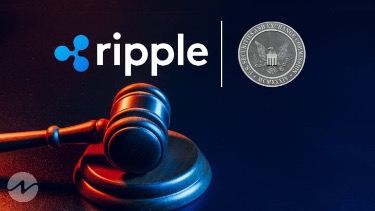Judge Torres ruled that Ripple is allowed to pursue its fair notice argument.
Immediately after the decision, Ripple declared that it had won.
Despite both the Securities and Exchange Commission (SEC) and Ripple claiming victory, a US court has rejected their respective arguments. When the SEC sought to reject Ripple’s fair notice argument, it claimed that the regulator neglected to tell the business that it was breaking securities rules. The Southern District of New York judge Analisa Torres threw the SEC petition.
Before the SEC may impose a penalty on Ripple, Judge Torres ruled that Ripple is allowed to pursue its fair notice argument. There must be no issue of fact or law that might enable the defence to prevail, and the SEC must establish that it would be disadvantaged by the inclusion of the defense.
Short-term Rejoice
Judge Torres referred to a 2012 judgement in which Fox Television and the FCC. So Ripple may continue to employ its fair notice argument to win the case.
Immediately after the decision, Ripple declared that it had won. A “major victory” for Ripple, according to CEO Brad Garlinghouse, will bring greater attention to the case. While Ripple was rejoicing over the ‘victory,’ the company also learned that Judge Torres had refused its own motion. Former CEO Chris Larsen and Garlinghouse filed a request to have the felony charges against them dropped. The SEC alleges that the two conspired with Ripple to violate the federal securities laws by aiding and abetting the company’s securities crimes.
There must be proof of knowledge or callous disregard for the SEC’s accusations that Ripple broke securities laws, says Judge Torres in this case. As long as both parties were aware of the circumstances that constitute a breach, it doesn’t matter whether the regulator issued a direct notification about XRP being security.

